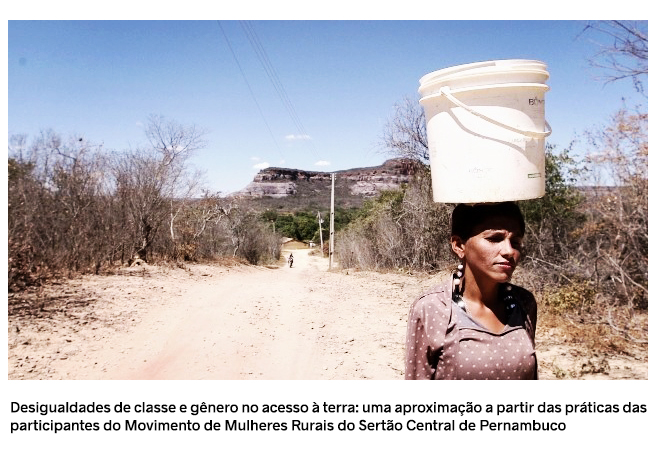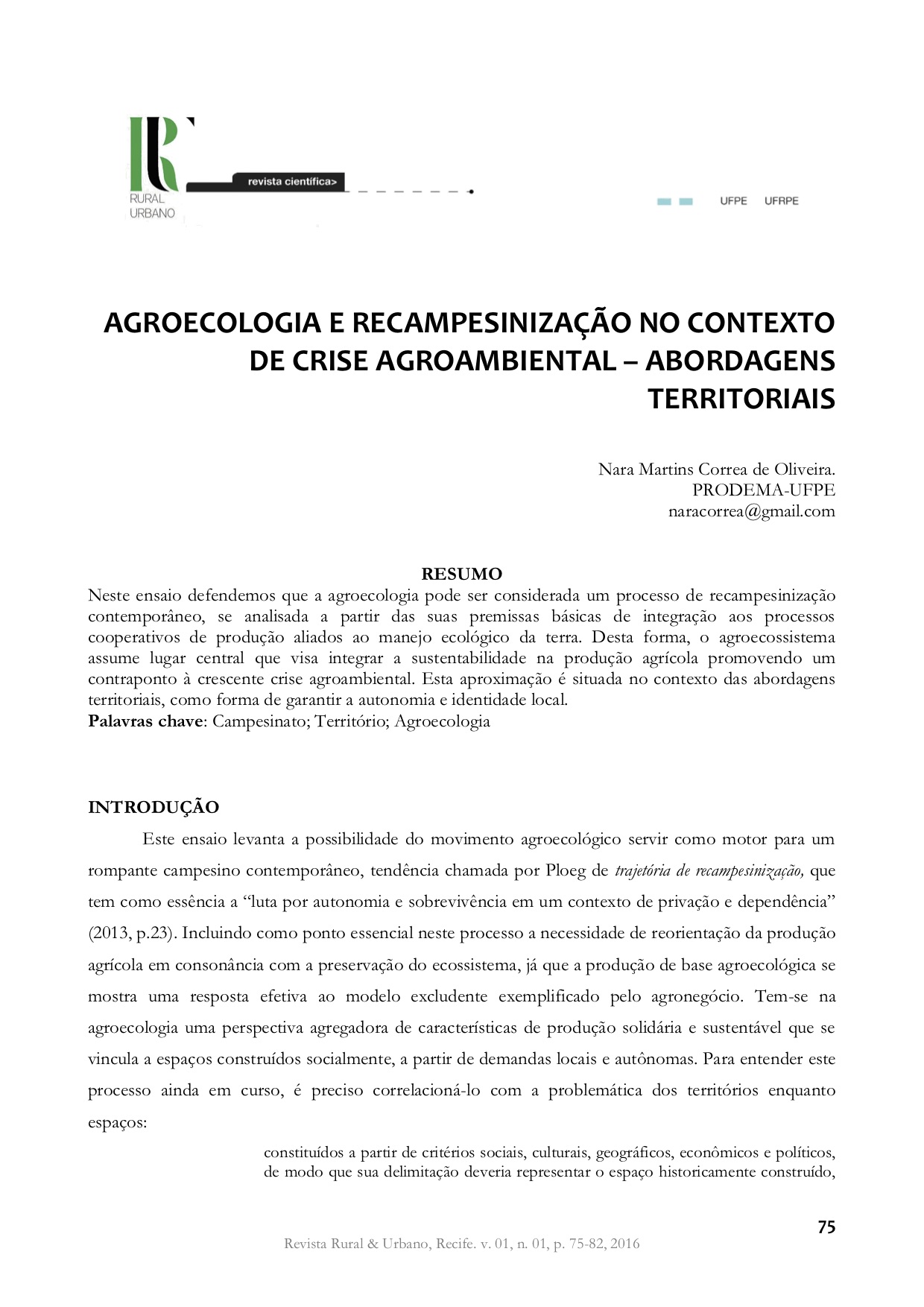Pa'an District: Food Security in Crisis for Civilians in Rural Areas
Released on March 30, 2005...
This bulletin examines the factors causing many villagers in Pa'an district to say that they now face a deepening food and money shortage crisis which is threatening their health and survival. Based on villagers' testimony, the main factors appear to be recurring forced labour for both SPDC and DKBA authorities, made worse in some areas by orders for farmers to double-crop on their land and the encroachment of new SPDC military bases on villages and farmland.






